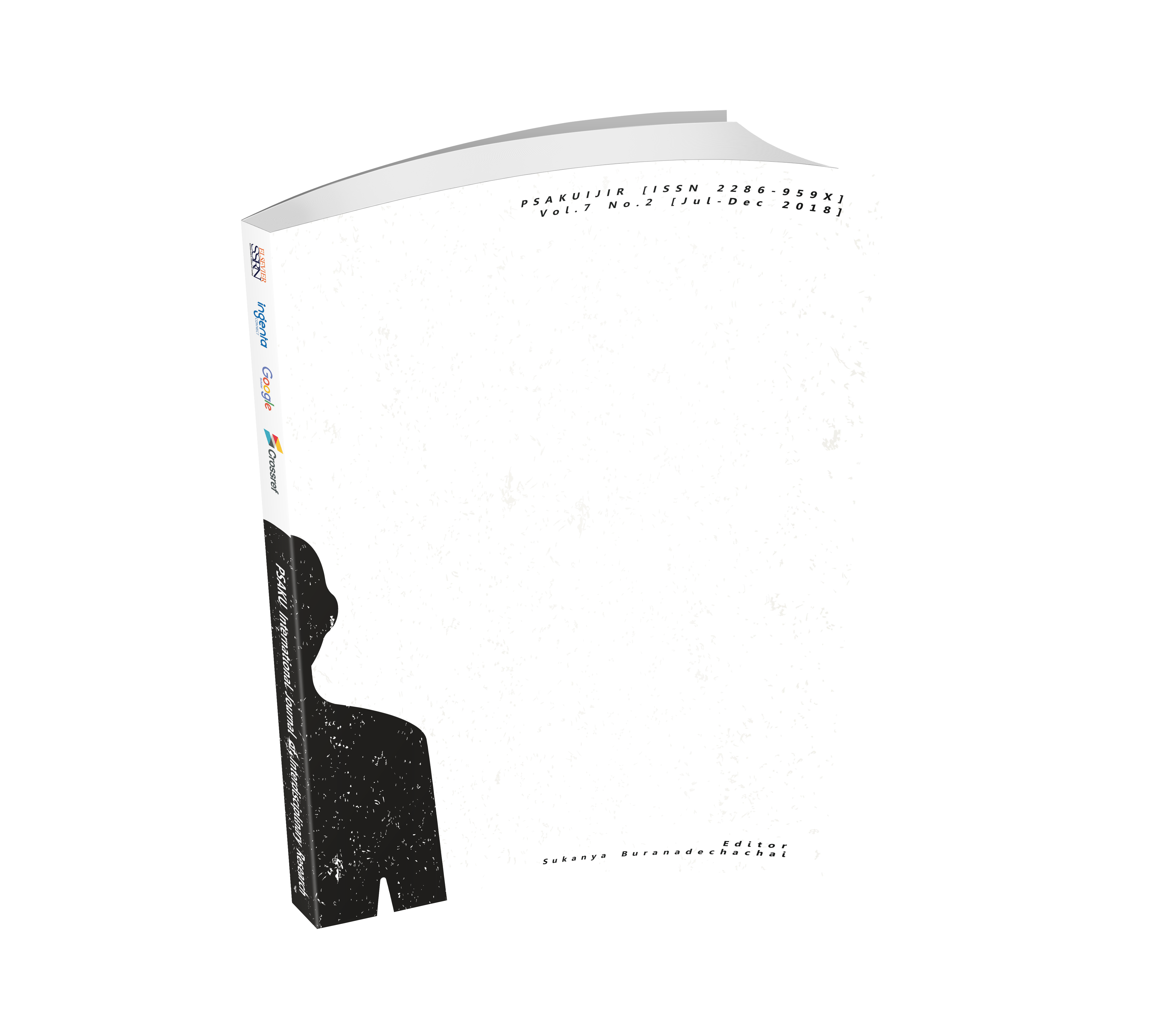Risk Management and Organizational Adaptability- Strategic Framework for Corporate Crisis Recovery: The Study of Oil and Gas Industry
Keywords:
Organizational Adaptability, Strategic Framework, Corporate Crisis RecoveryAbstract
Organizations, today, are confronted with the turbulence of internal and external environments. Significantly, theorists under contingency, perceived that “no one best way to manage organization”. The best way to manage organizations will therefore rest upon the ability to adapt themselves to both normal and crisis situations. As this is important, the aim in this paper is about proposing a corporate crisis recovery conceptual framework conducted through a qualitative approach. Based on crisis and risk management standards as well as best practice for listed companies in Thailand, this paper presents four phases of crisis recovery. Initially, listed companies should considerably identify critical functions by conducting business impact analysis (BIA). With critical functions, uncertain events that deviate them could be posited as risks; accordingly, a high impact of risk can be perceived as a crisis. During the crisis time, the authors recommend organizations to have sub plans that they activate at different times. At the time of crisis, an emergency management plan should first interact and, later on, the incident team should access the situation and report to the crisis management committee. After a period of crisis, organizations should continuously be aware of especially critical activities through a business continuity management (BCM) framework. In BCM, normally, organizations should conduct a virtual destruction (alternative site), virtual shutdown (through the conduction of a disaster recovery plan), virtual strike (human plan) and virtual isolation (contingency for service providers).
Downloads












.png)


